Setting up as a sole trader can seem like a long process, but it can be completed in a few simple steps.
Set Yourself up as a sole trader on HMRC
You will need to register as self-employed with HMRC, this can be done in a few simple steps.
If your turnover is more than £1,000 from self-employment you will need to complete what’s called a ‘Self-Assessment’. This is used to file and submit to HMRC how much tax you owe for the year. To do this you will need to register with HMRC’s Government Gateway, it only takes a few simple steps, but if you need assistance, we can do it for you.
Depending on your turnover you may also need to register for VAT.
If you are working in the construction industry, registering for CIS will ensure you’re not paying over 20% tax. If you don’t register for CIS and are working in the industry, then you will be liable for 30%.
Insurance
Being a sole trader means you are fully responsible for anything that goes wrong and any costs that comes with it. It’s not a legal requirement, but failure to be insured can be costly if the worst may happen.
Depending on how complex your business is, depends on what insurance you need, but the main type of insurance is “Public Liability Insurance”. Public Liability insurance covers any legal claims made against yourself where it relates to the self-employed business. It covers:
-
-
- Compensation claims for injuries to a third party or damage to property, whether it occurs on their property or yours.
- Legal expenses, if a claim is made against you.
- Cost of repairs caused accidentally by yourself
- Medical fees
-
Other insurances to consider:
-
-
- Personal accident insurance
- Tool insurance
- Commercial motor
- Professional indemnity
- HMRC investigation insurance
-
Some customers prefer you have Public Liability Insurance and may ask for proof of Public Liability Insurance. They’d also prefer business completing work to have this cover.
Business Bank Accounts
You don’t have to have a business bank account, but it is advised. Business bank accounts are a good way to clearly see what’s going in and out of the business. On top of that, it avoids having to share any personal transaction with your accountant or HMRC, whilst also ensuring accurate recording keeping, so it’s good to keep personal and business transactions separate.
Business Name
You can trade under a company name, or your own name.
As a sole trader you don’t have to register the name, but you must ensure it isn’t an existing trademark, and it can’t include Ltd, LLP, or PLC after the name.
If you have a company name in mind and would like to secure it, you can register the name as a trademark, or you can set up a limited company and register the name with Companies House.
Business Image
Having a business name will help with creating your business image. A brand and company logo that relates to the business will catch customers’ eyes and help with marketing.
Set up a business website with branding that will look professional and get you out there.
Business cards and personalized stationery will also help with advertising and professional image.
Get Compliant
The rules and regulations you need to follow depend on the nature of your business.
You’ll need to ensure you’re following the correct health and safety procedures, comply with data protection, and have correct licenses. For example, if you’re carrying out food operations, you’ll need to complete a ‘Food Business Registration’.
For sales of goods, you’ll need to ensure you are following the Sales of Goods Act.
Exporting certain goods may mean you need an export license.
Record Keeping
You’ll need to start accounting for everything. collect receipts, invoices, ensure you have access to bank statements.
This is very important for controlling budgets, finding out profit, and knowing how much tax you’re liable to pay to HMRC.
If ever HMRC were to investigate you on a tax-related issue, they may want to see documented proof of your expenses and income. It’s always good practice to have your expenses and income on a spreadsheet for convenience to ensure easy access to information.
Most people delegate the work to an Accountant, by dropping off paperwork regularly, using accounting software they also have access to or provide excel spreadsheets.
This makes life a lot easier and stress-free, the accountant will ensure you’re up to date with all tax liabilities and can deal with HMRC on your behalf.
Set Up A Workspace
Setting up a dedicated workspace is important for many reasons.
It ensures you’re keeping work-related documents and materials in one place, helps avoid home-related distractions, and instils routine and discipline.
The cost occurring in running a workspace, whether it’s a rented building or a home office, can be included as an expense in your self-assessment. This can include utility bills, rent, office supplies, and other office running costs.
Here at Diamond Accounts, we love to help people make their dreams a reality, we will help guide you every step of the and ensure you have the best head start in becoming successful.

